Vicuña: art and alcohol + the Hand in the Desert
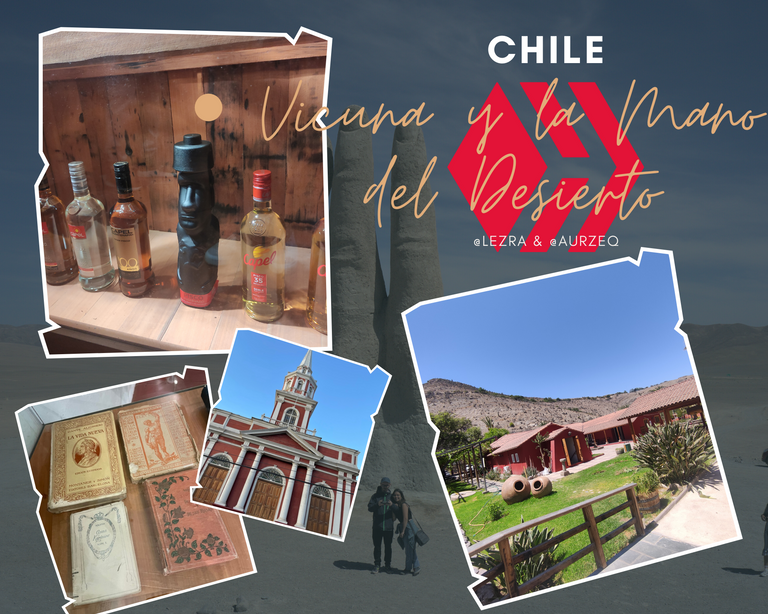
For the Christmas and New Year holidays this year, I decided to go with @lezra to her home country, Chile. We stayed in this beautiful country for about 2½ weeks, visiting mainly the northern part.
If you missed the first two posts of our trip through Chile, I leave the links here:
Laguna Roja, Chile - Would you ever have thought that water in paradise is red as blood?
Valle de la Luna - Have you ever walked on the surface of the Moon?
Today I would like to tell you about 2 places that are a bit far apart, but that I think, have something in common: art!.

La mano del Desierto
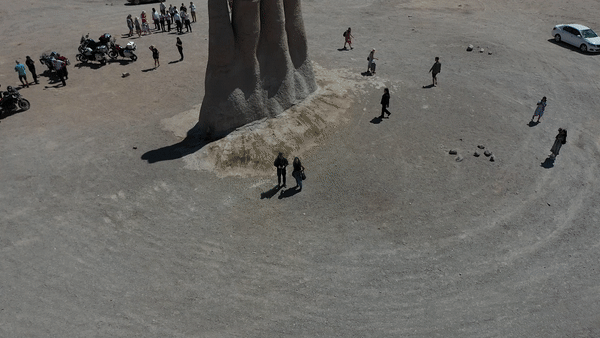
The first is a monument, dubbed 'Mano del Desierto', a sculpture that artistically symbolizes abandonment and loneliness. It is a unique piece of art, created by the sculptor Mario Irarrázabal in 1992, who wished to pay homage in this way to all the people who have been victims of injustice and torture by the military regime in Chile.

It is located on the road from San Pedro de Atacama (or Antofagasta, depending on which town you consider) to the city of Copiapó.
To see it appear on the horizon as you drive along ruta 5S, the most important and longest road in Chile is truly incredible.
The giant hand sculpture, made of iron and cement, rises out of the barren landscape and stands tall, almost as if it's reaching out to the sky. The contrast between the desolate desert and the human-made structure is breathtaking, making it a must-visit destination for those exploring the area. The sense of isolation and emptiness in the desert only adds to the awe-inspiring effect of the hand, making it a truly unforgettable experience for those who visit.
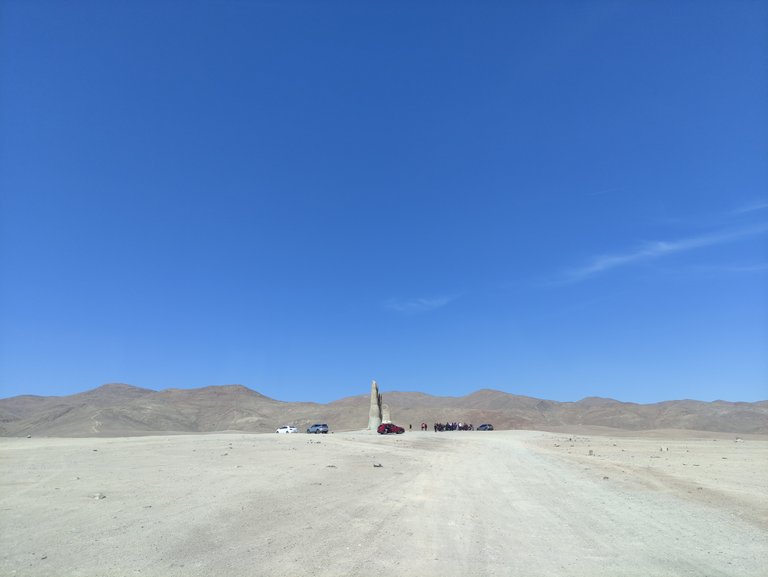
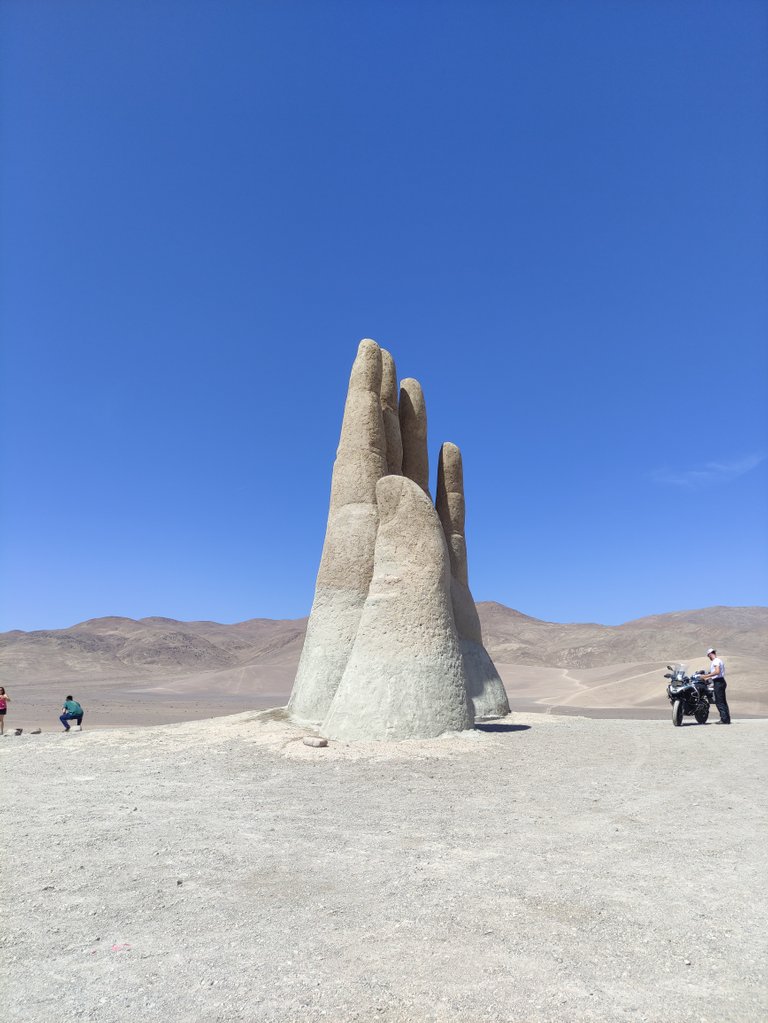


Vicuña
The second is the city of Vicuña, located in the Coquimbo region of Chile, is a charming city that is steeped in culture and surrounded by breathtaking natural beauty. How is connected to art, you asking? By its connection to Gabriela Mistral, the famous Chilean poet and Nobel Prize winner of course...
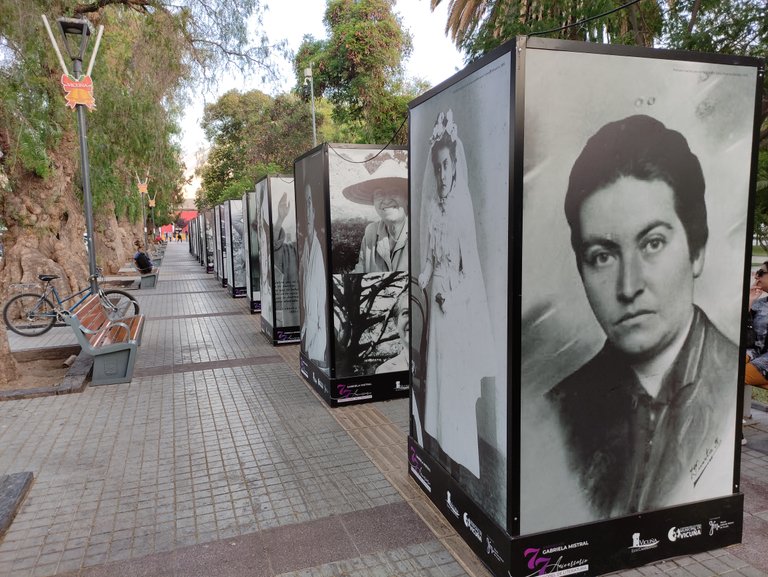
Gabriela Mistral was born near Vicuña Mackenna and her life and works have left a lasting impact on the city. The Gabriela Mistral Museum, located in the city center, showcases her life and works and offers a glimpse into the inspiring journey of one of Chile's most famous and influential figures. The museum features original manuscripts, photographs, and personal belongings, providing visitors with a rich and educational experience.
Since @lezra has always been a huge fan of hers, we visited it.
The museum is free entry and is divided into two main parts, one being the house where Mistral grew up, still preserved as it was at the time, and the museum proper.
The latter consists of various exhibits from different parts of her life, such as diaries she kept as a teenager, her favorite books/poems, and even some of her furniture (belonging to the house she lived in on her trips to Naples-Italy).
Part of the museum then tells the story of the poetess through the dates that marked her life. What surprised me most was how she was first 'recognized' internationally and then within Chile. Throughout her life she traveled extensively and lived for many periods abroad, earning an incredible number of national and international awards. Finally culminating in 1945 with her winning the Nobel Prize, becoming the first woman (and the first Chilean) to win this prize in history.
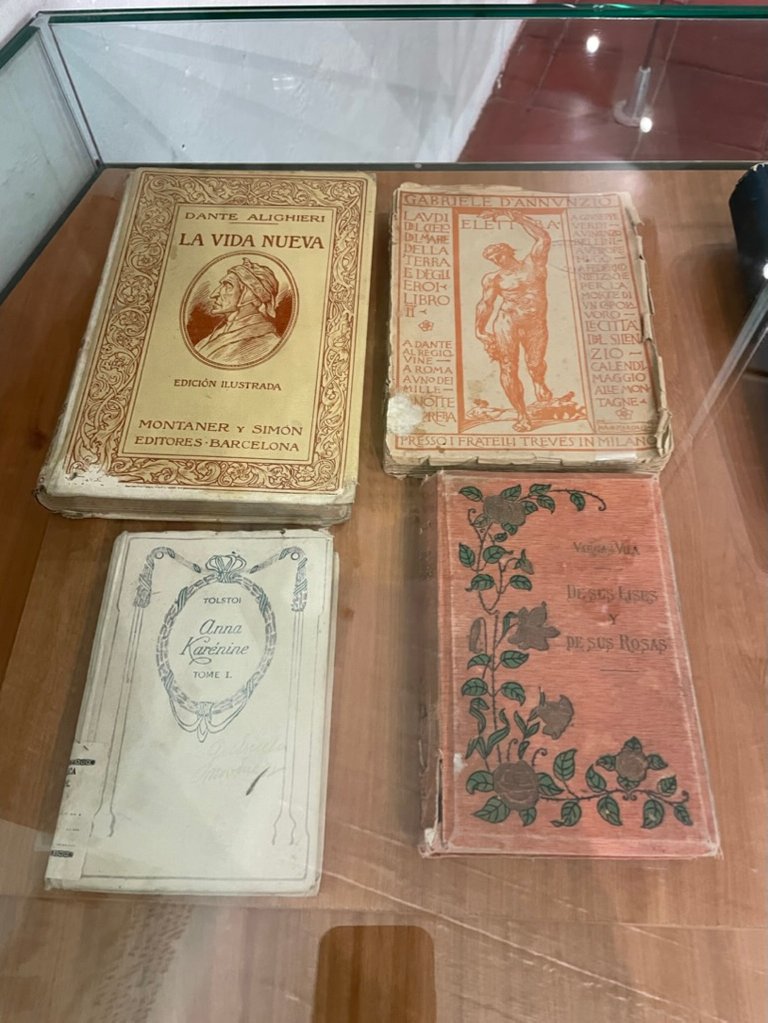
We didn't take too many photos inside the museum

Pisco Capel
In addition to its cultural heritage, Vicuña is also known for its production of pisco, a traditional Chilean spirit made from grapes. The production of pisco in the region dates back centuries, and the distilleries in and around Vicuña have honed the craft of producing high-quality pisco. During my visit, I had the opportunity to visit one of the local distilleries and taste the different types of pisco. The distillery offered a tour of the production process and a taste-testing session, which was a unique and fascinating experience. The smooth, rich flavor of Capel pisco is unlike anything I've ever tasted, and I highly recommend trying it while in Vicuña. The name of the distillery is Capel,
which is located about 15 min from the city center and was founded in 1938.
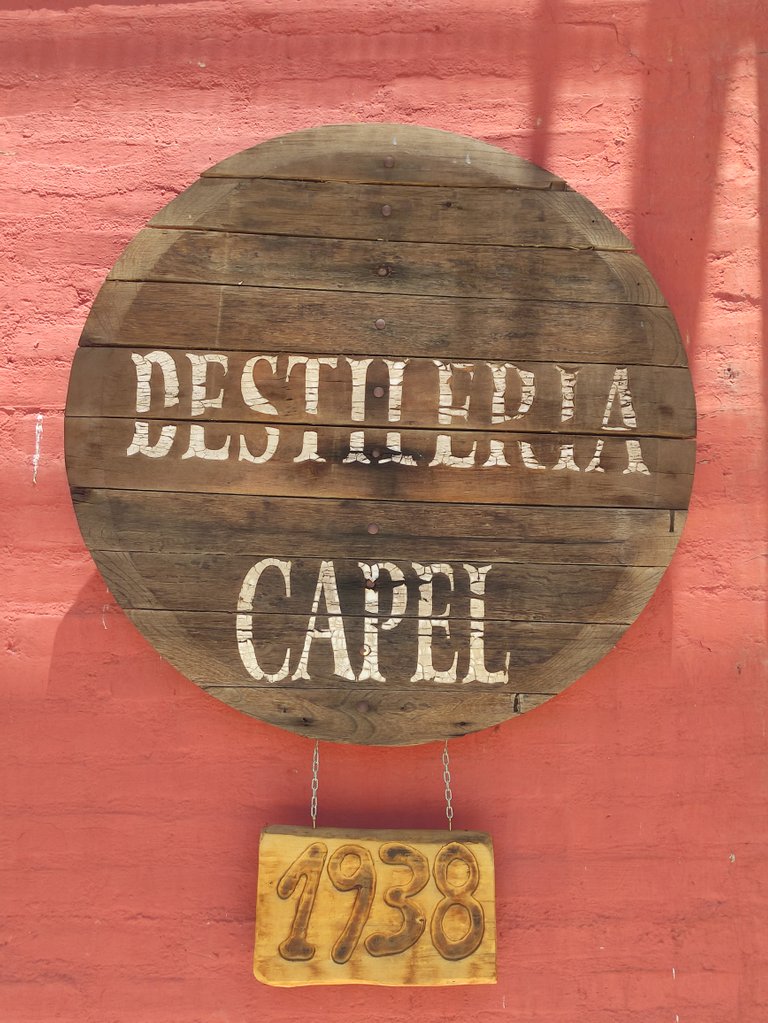
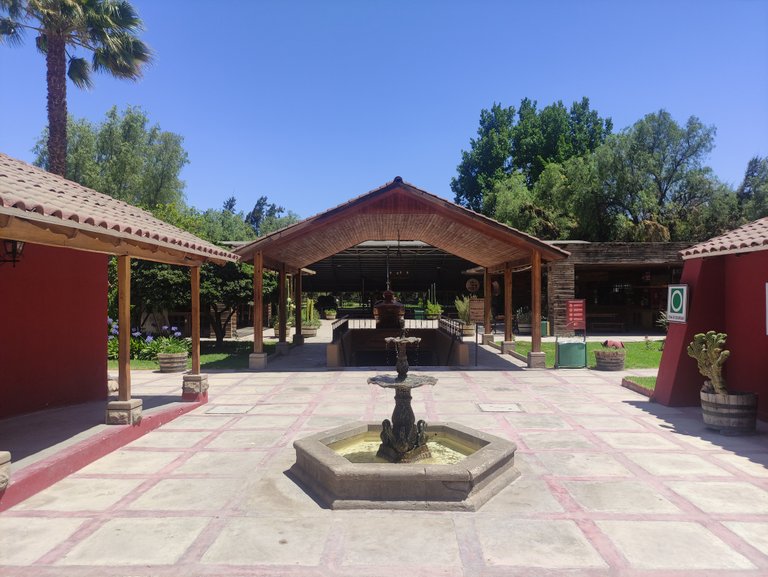
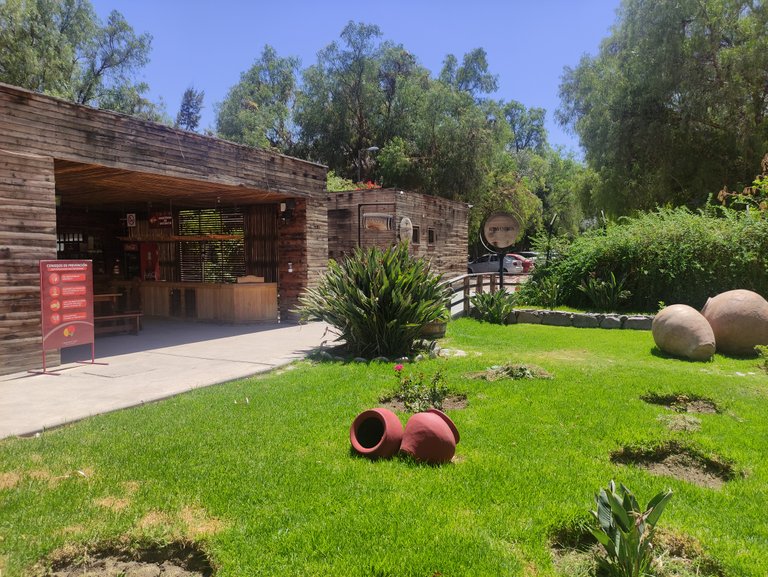
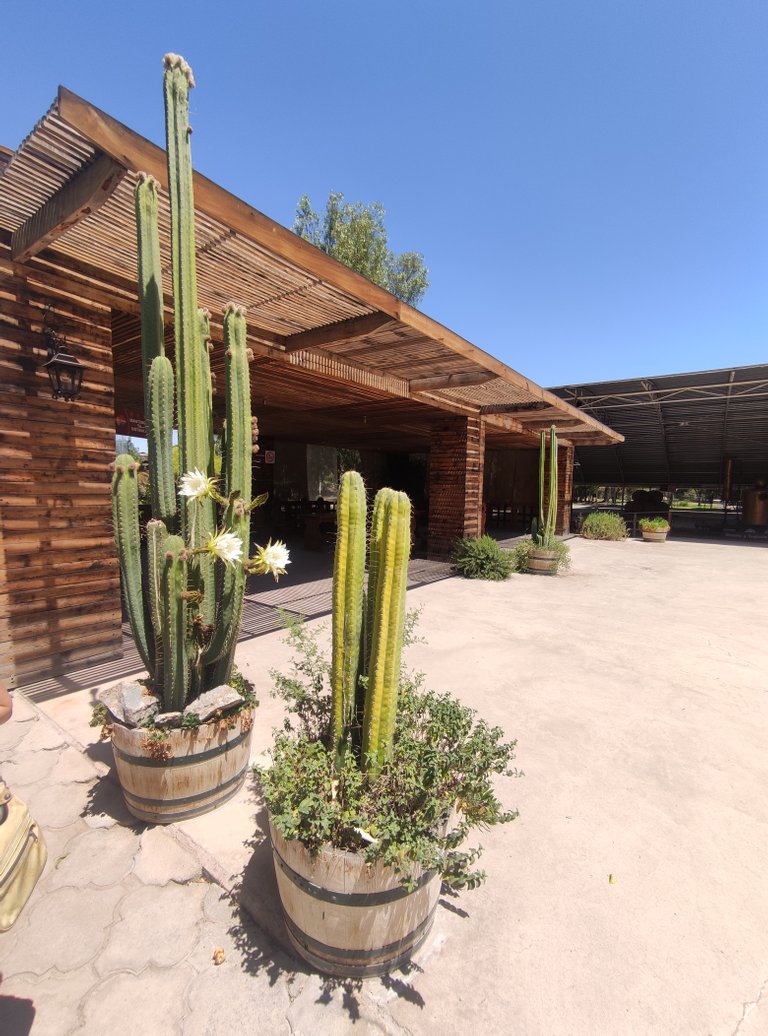
Here we want to share some of the things we learned on the pisco which we think are cool:
- the production process of pisco consists of the following steps:
- Harvest: The grapes are harvested at their optimal ripeness and are hand-picked to ensure their quality. in the Capel distillery there are 5 different vines;
- Crush: The grapes are crushed to extract the juice.
- Fermentation: The juice is fermented to produce a wine with low alcohol content.
- Distillation: The wine is then distilled in copper stills to produce Pisco.
- Aging: The Pisco is then aged in oak barrels for several months to several years to develop its flavor and aroma.
- Blending: The Pisco is then blended with other piscos of the same type to produce a consistent flavor and quality.
- Bottling: Finally, the Pisco is bottled and sold.
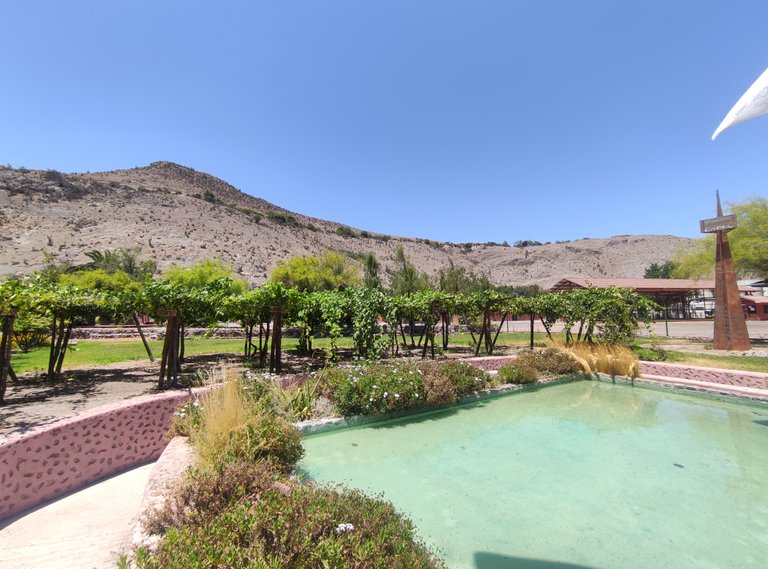
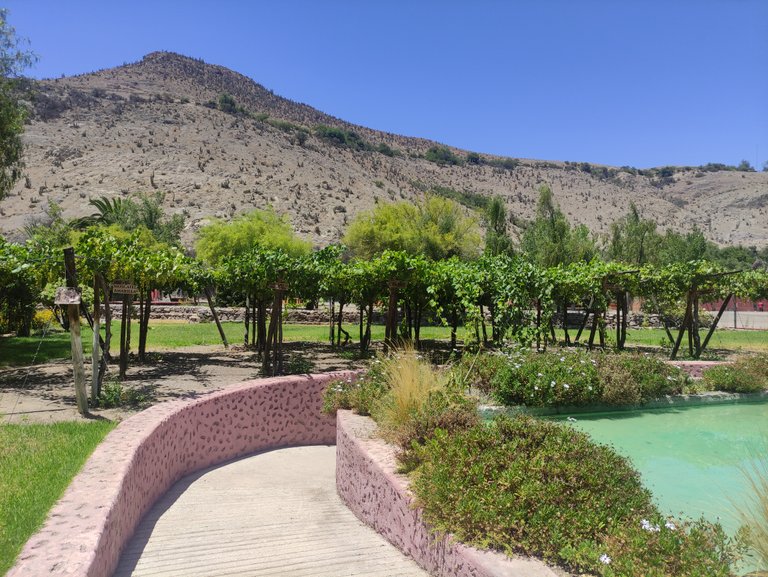
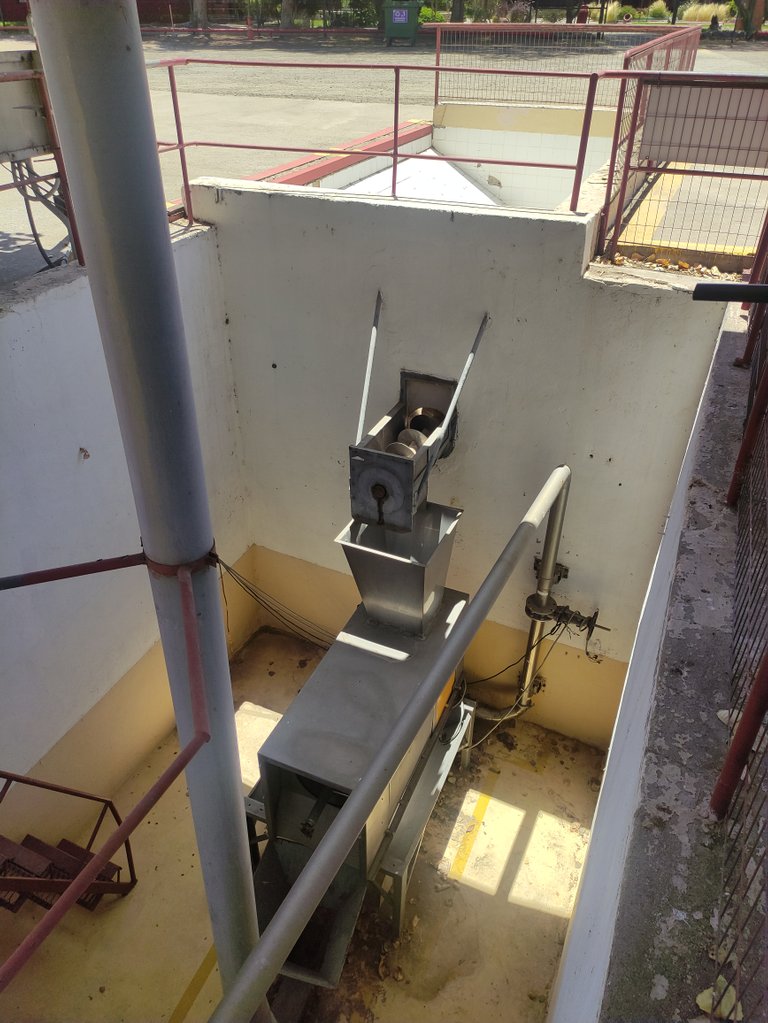
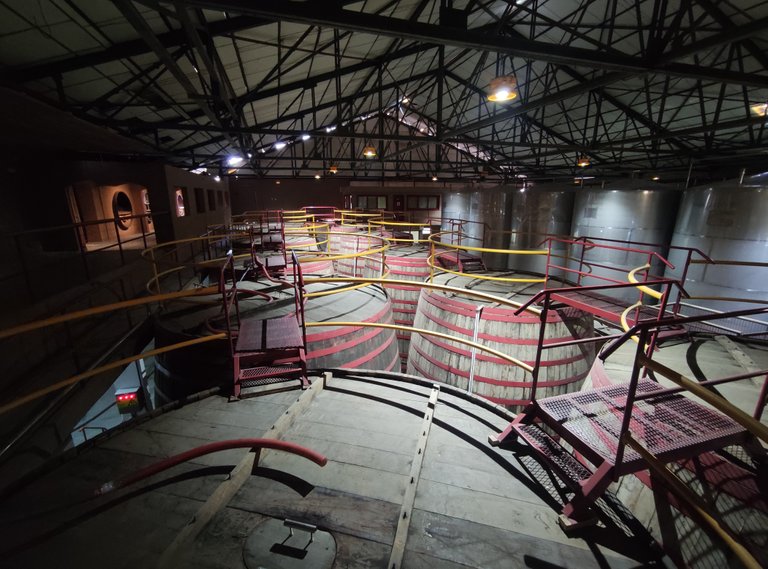
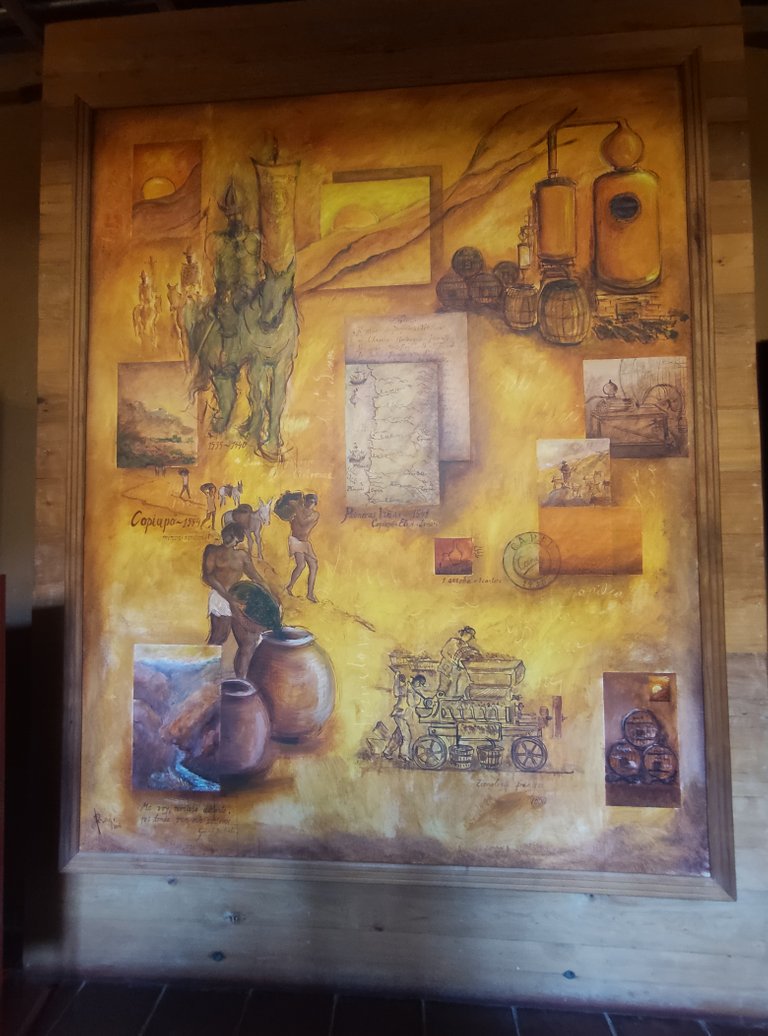
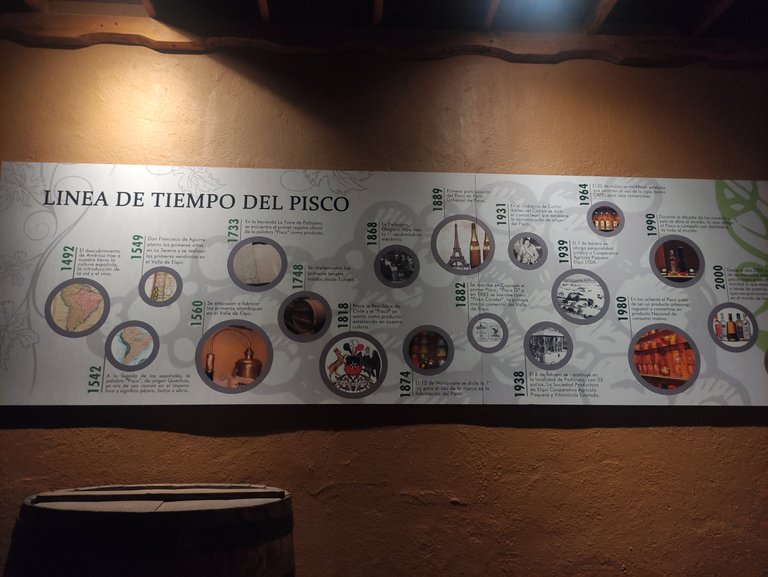
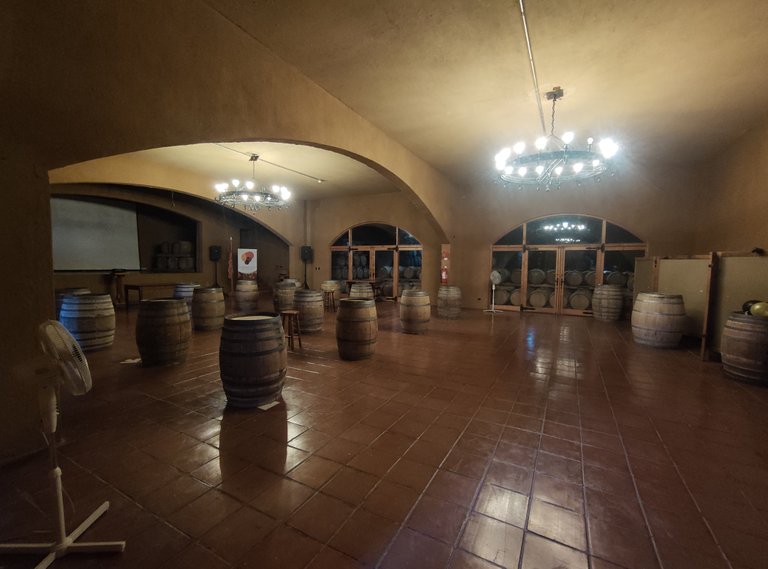
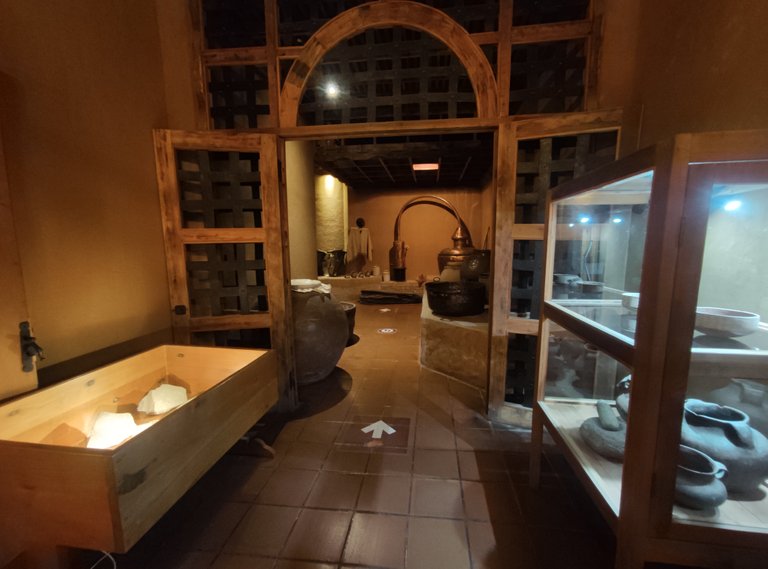
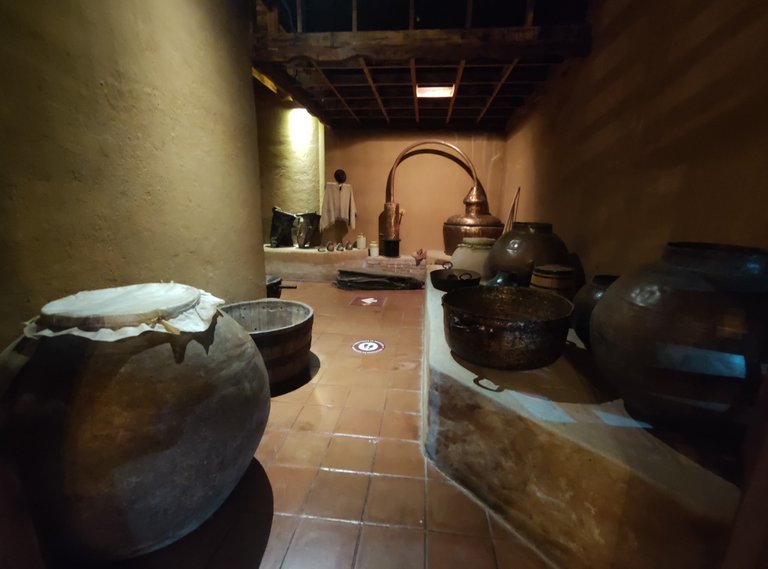
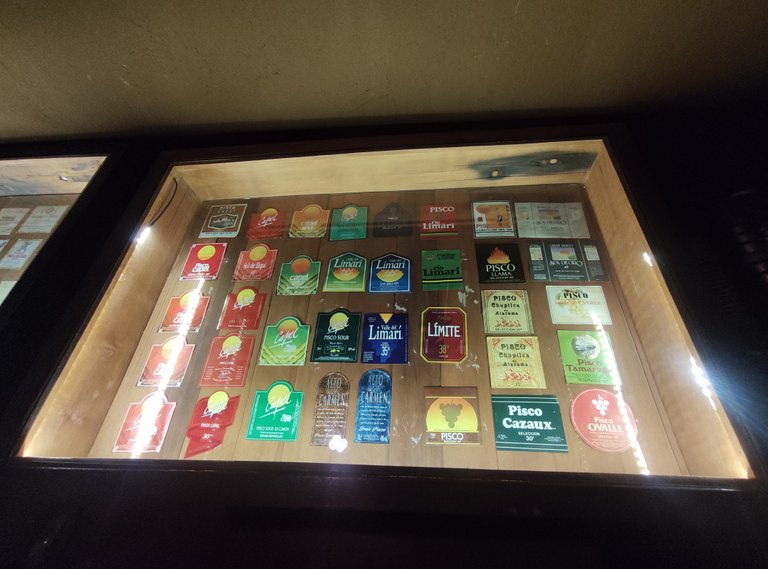
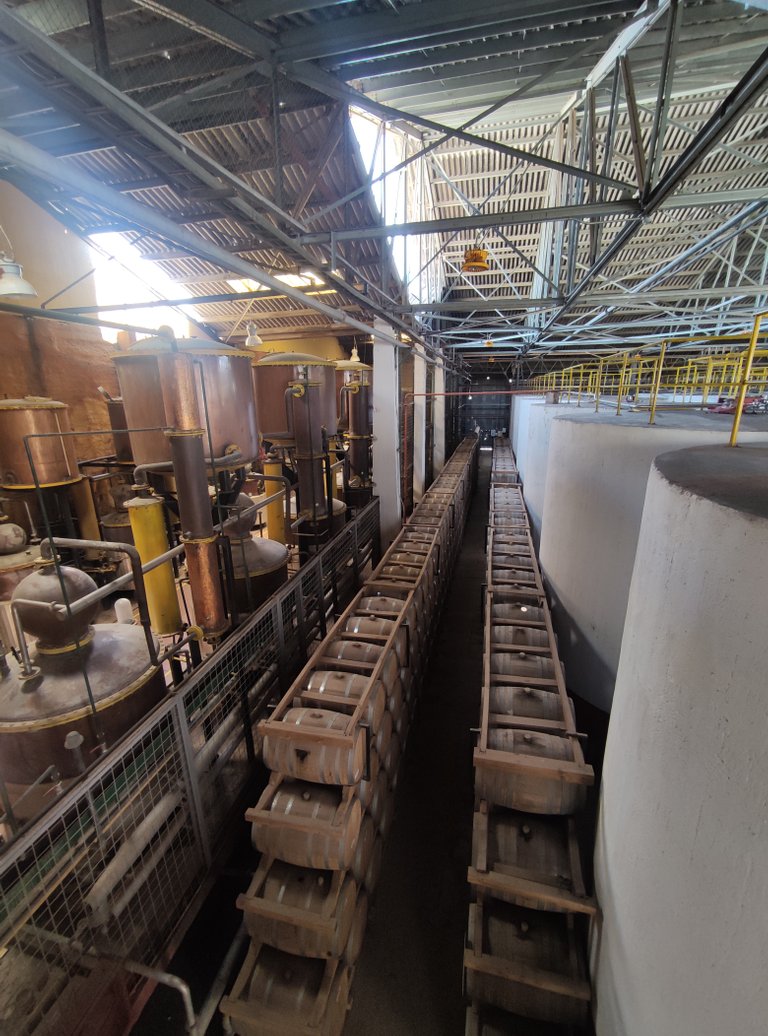

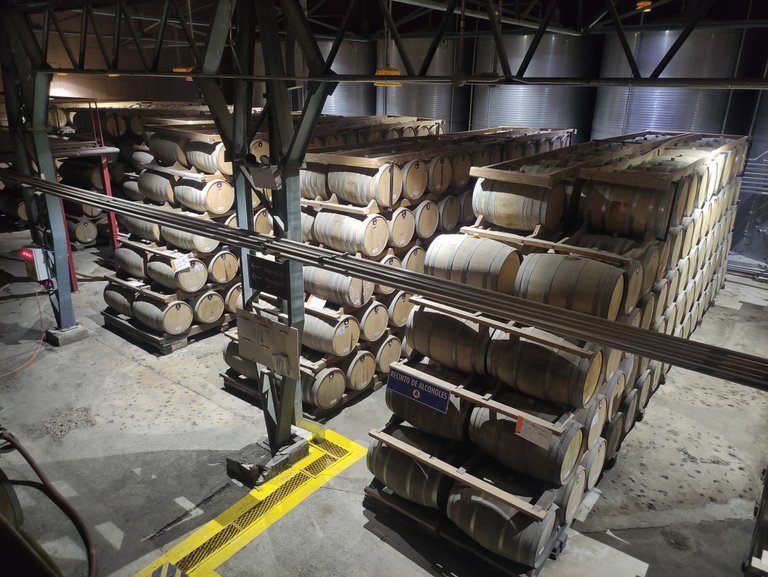
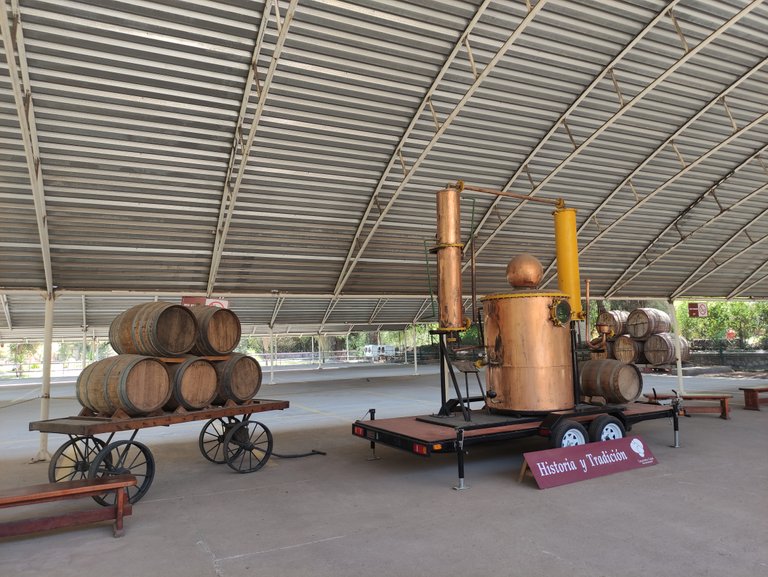
- The name Pisco was (and still is?!) a source of conflict for the origin of the denomination. They told us the word is in Paihuano, but actually searching a little bit online, you can find that it is believed to either come from the Quechua word "pishku" meaning "bird" or from the coastal town of Pisco in Peru. So, who is right? What we know for sure is that Pisco has now a clear definition that depends among other things, on the alcoholic gradation, which should be between 30 and 50°, otherwise it cannot be called Pisco (if it is more it becomes burning water, or something similar).
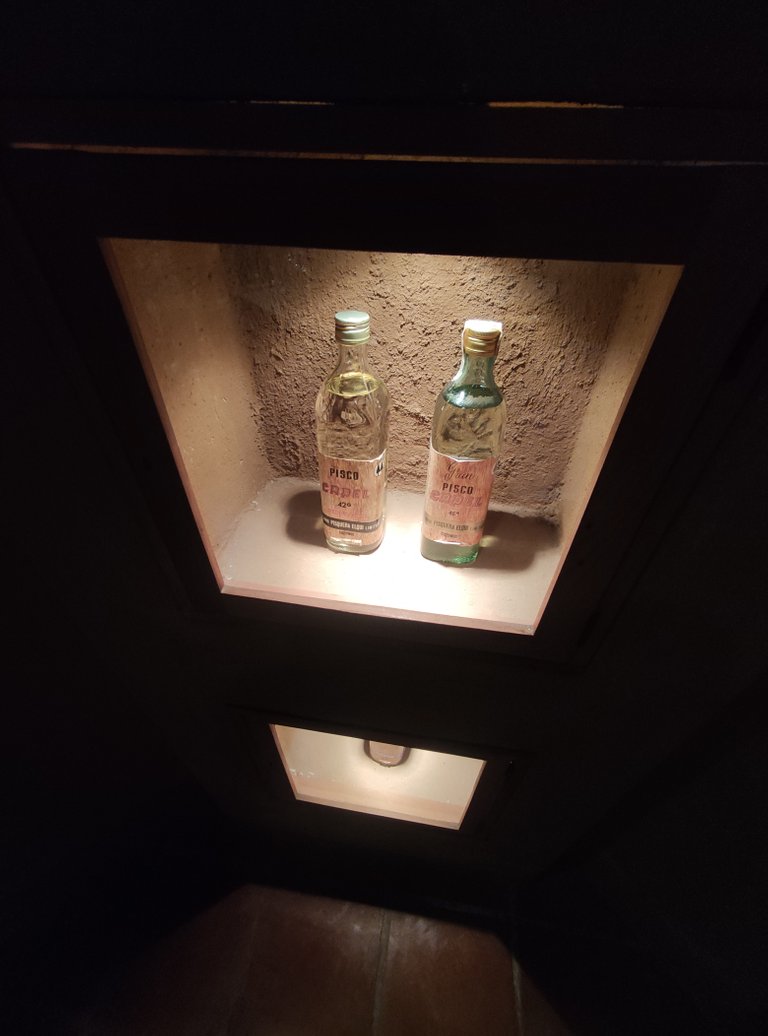
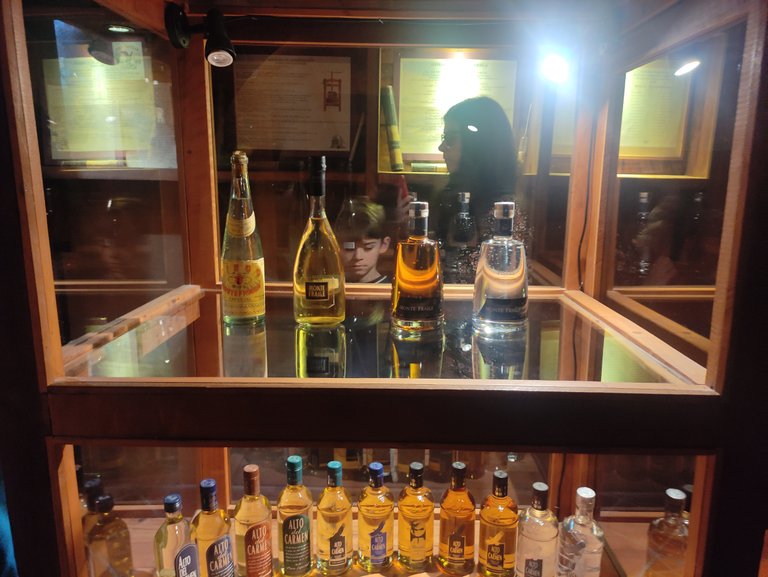
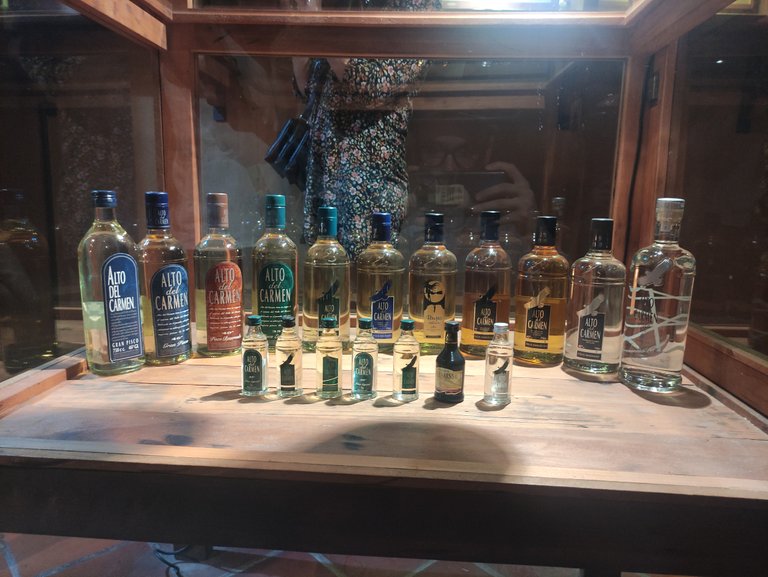
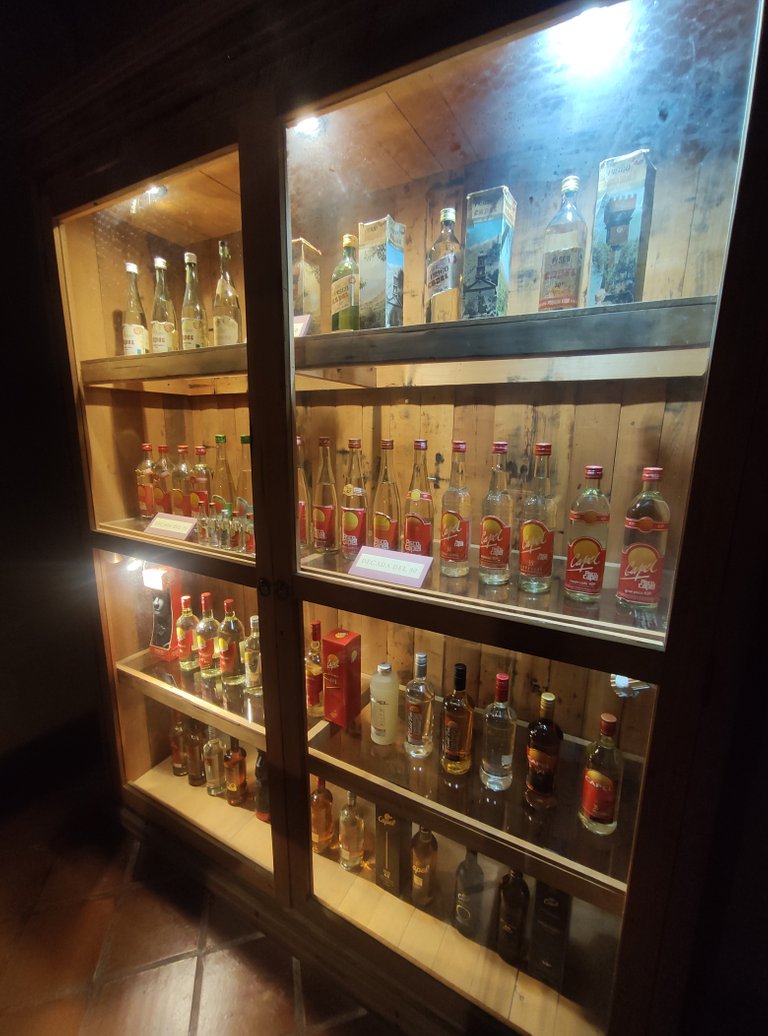
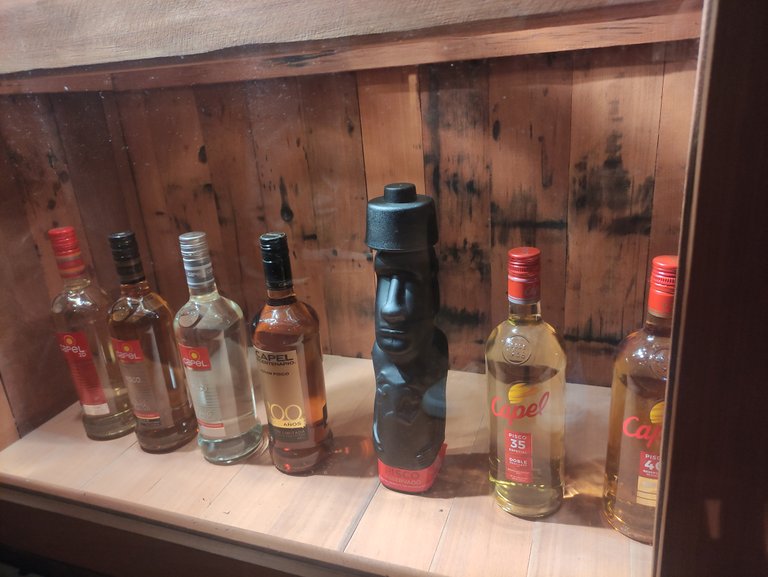
- It is one of the most internationally awarded piscos.
- the guide told us the story of the "LEPAC" pisco, which I found to be super cool. Some decades ago, the Capel pisco was considered to be a lower quality one with respect to the other ones, despite the fact that its producers were firmly convinced that its qualities were not at all different from the other competitors. So they tried a social experiment, they produced some of their original pisco and instead of publicizing it as their own, they decided to put it on the market as a new brand, with the name "LEPAC" (which is the opposite of Capel... yeah 😂), saying it was a high quality one. No one was actually able to reveal the trick and the Pisco was really appreciated, proving the point of the producers...their pisco was indeed very good... I found this story amazing, and they did some serious genius advertisements... bravo!
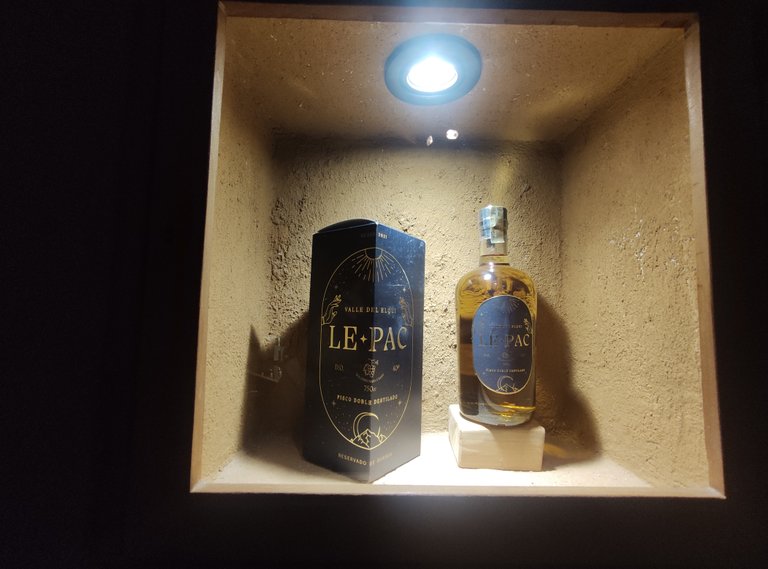
The city center of Vicuña is small but charming, with a good selection of restaurants and cafes that serve delicious local cuisine. The town center is surrounded by stunning deserts and mountains, making it the perfect place to relax and enjoy the region's scenic beauty. We did not visit the whole city, but mainly the central square, which I must say we found very pretty. The shape of the square is rectangular and there are monuments at the 4 vertices.
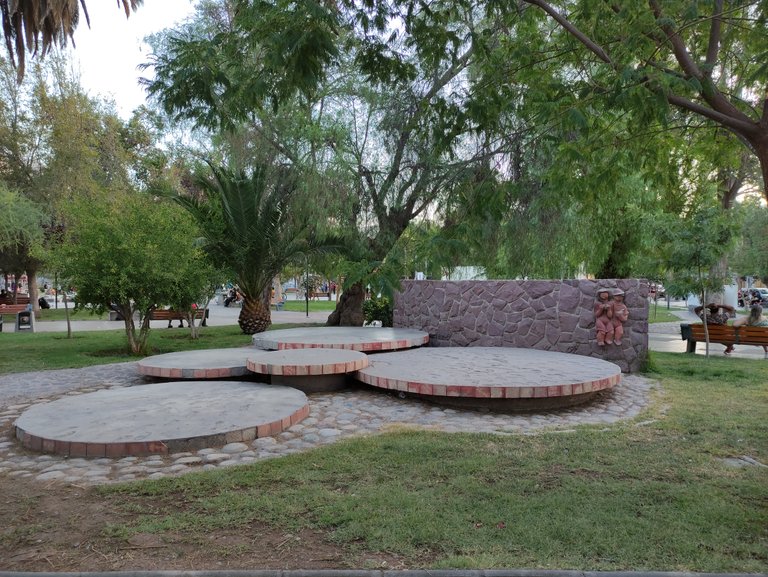

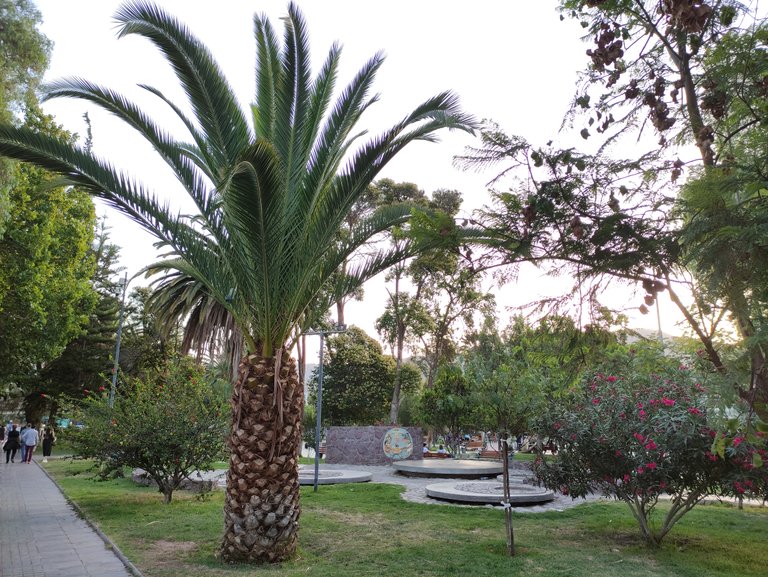
There were also some Christmas decorations, not yet removed by the municipality after the festivities.
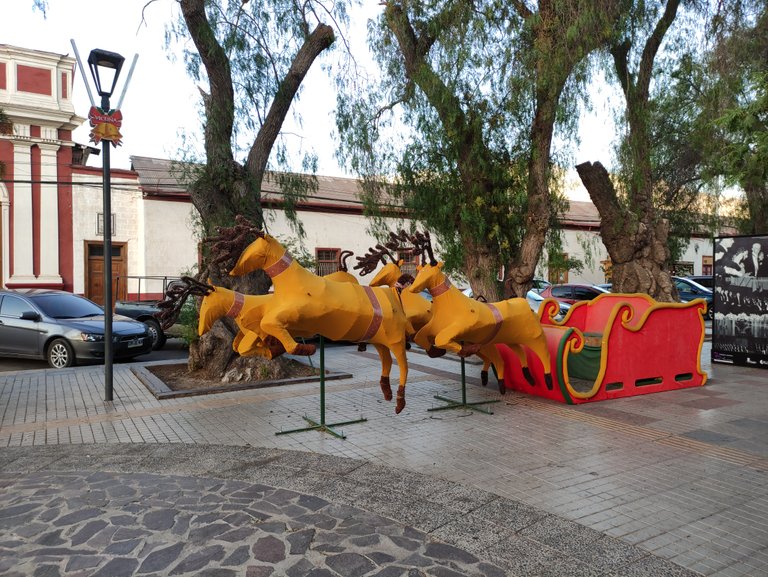
Overall, the city is very nice and if you need to stop somewhere on your way down to Santiago, it's a very good choice.
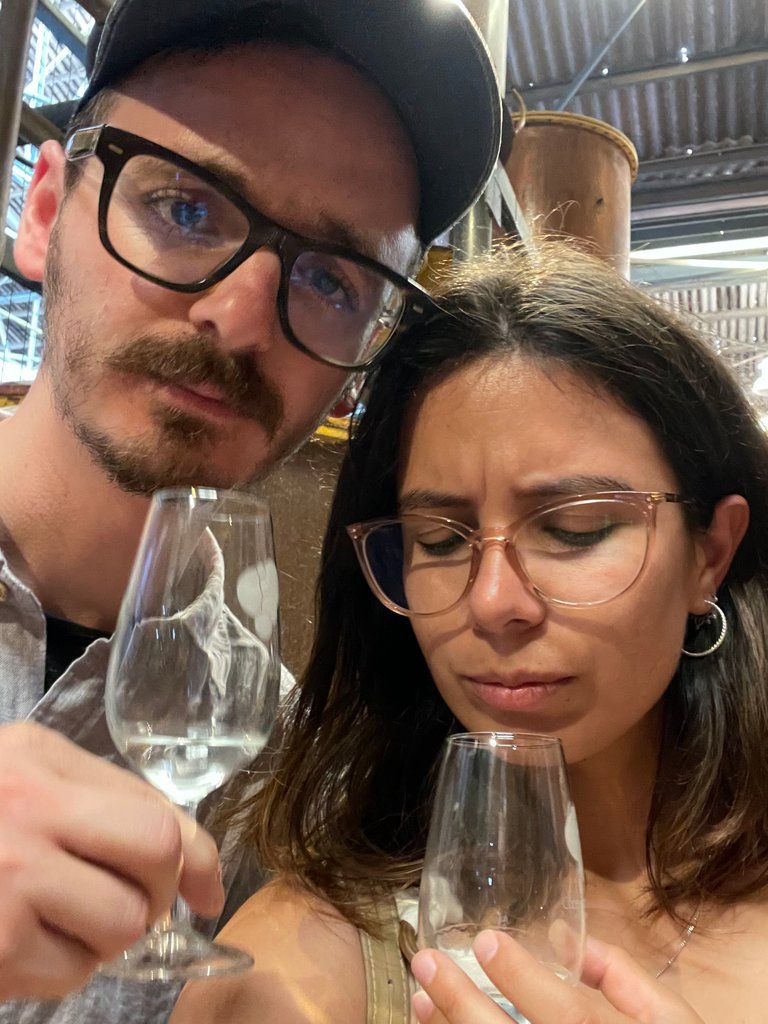
Me and @lezra, clearly affected by the alchoolic degree of the pisco 😂


Farewell image and text separators, created by me with Canva
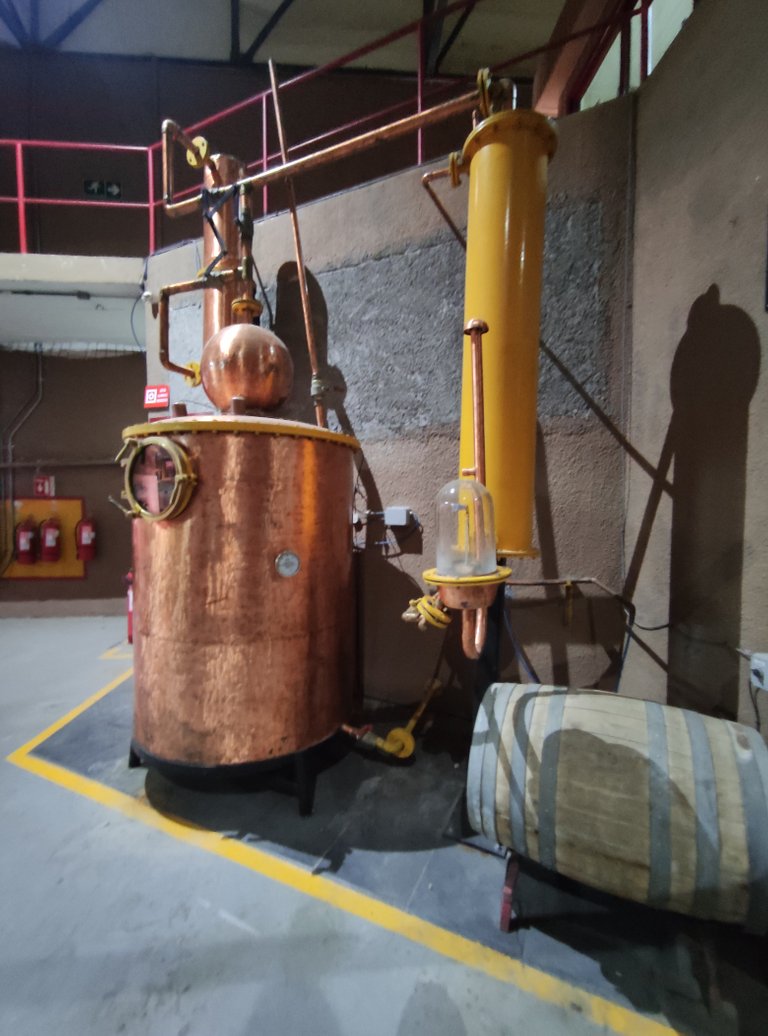
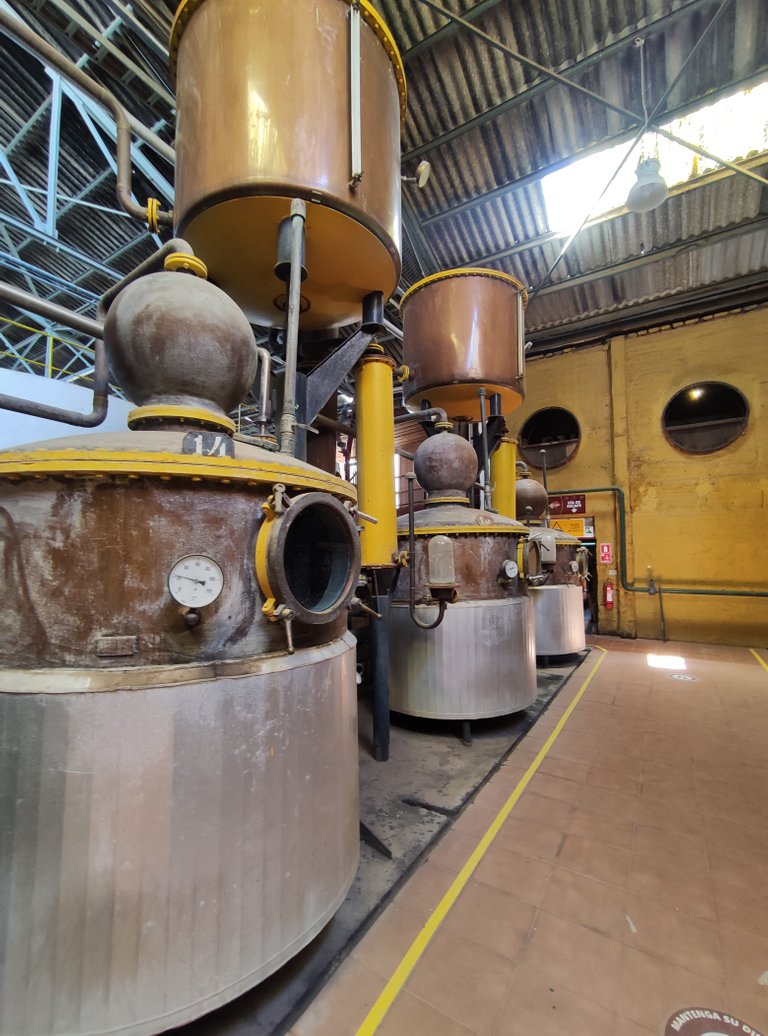
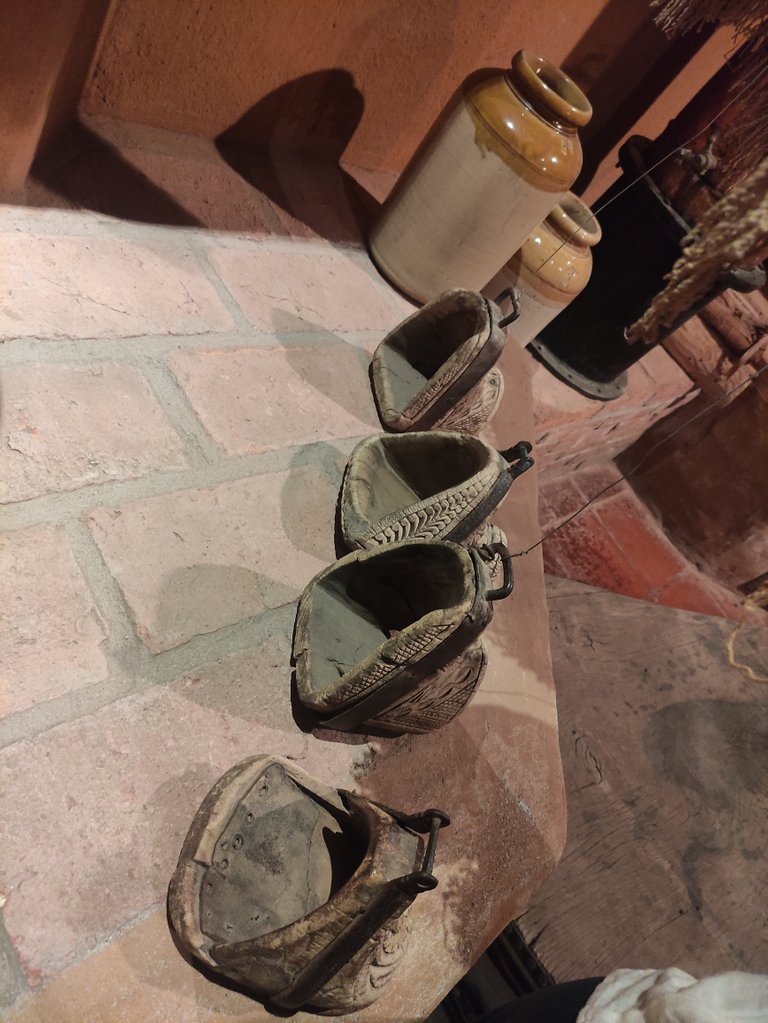
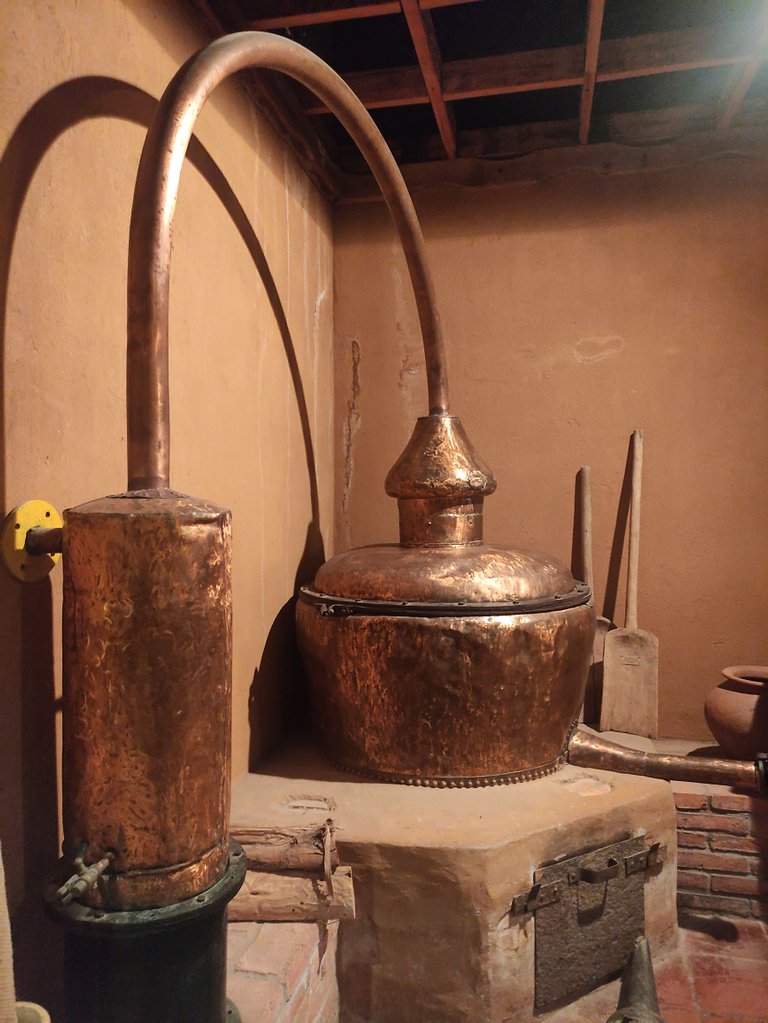

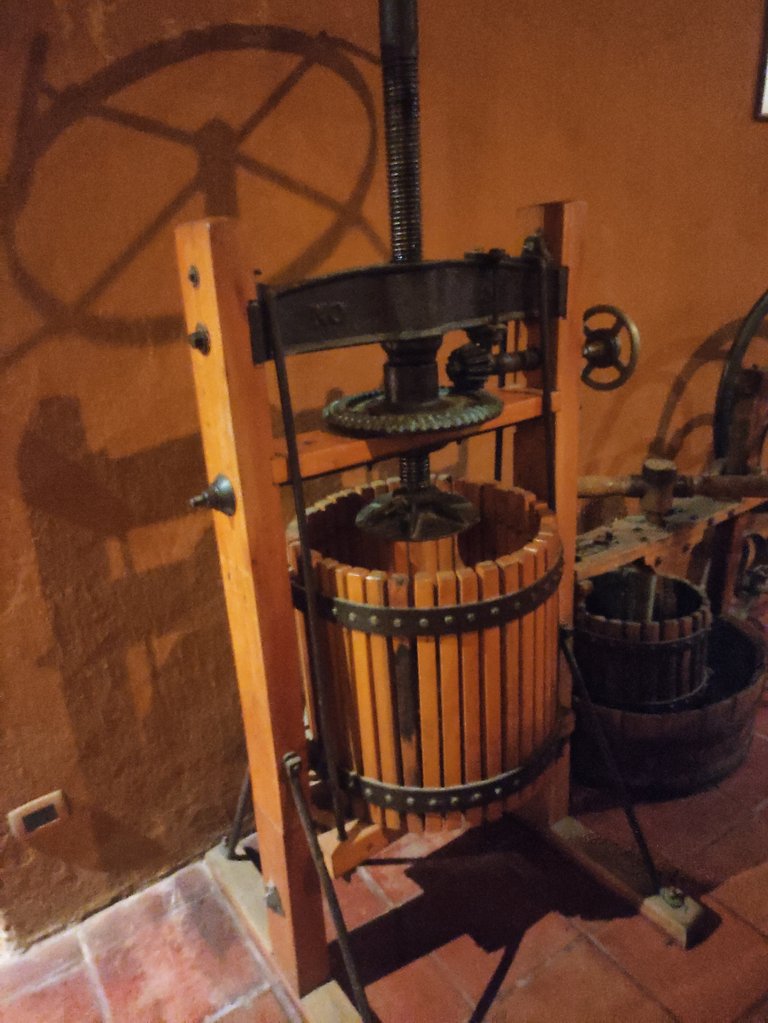
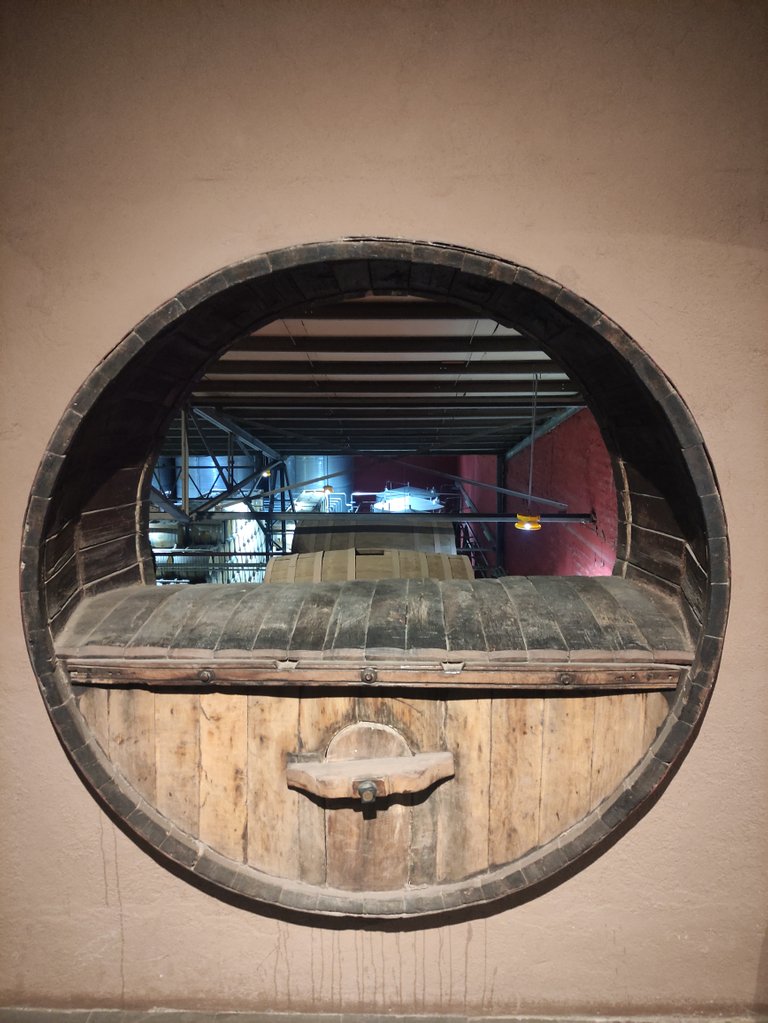
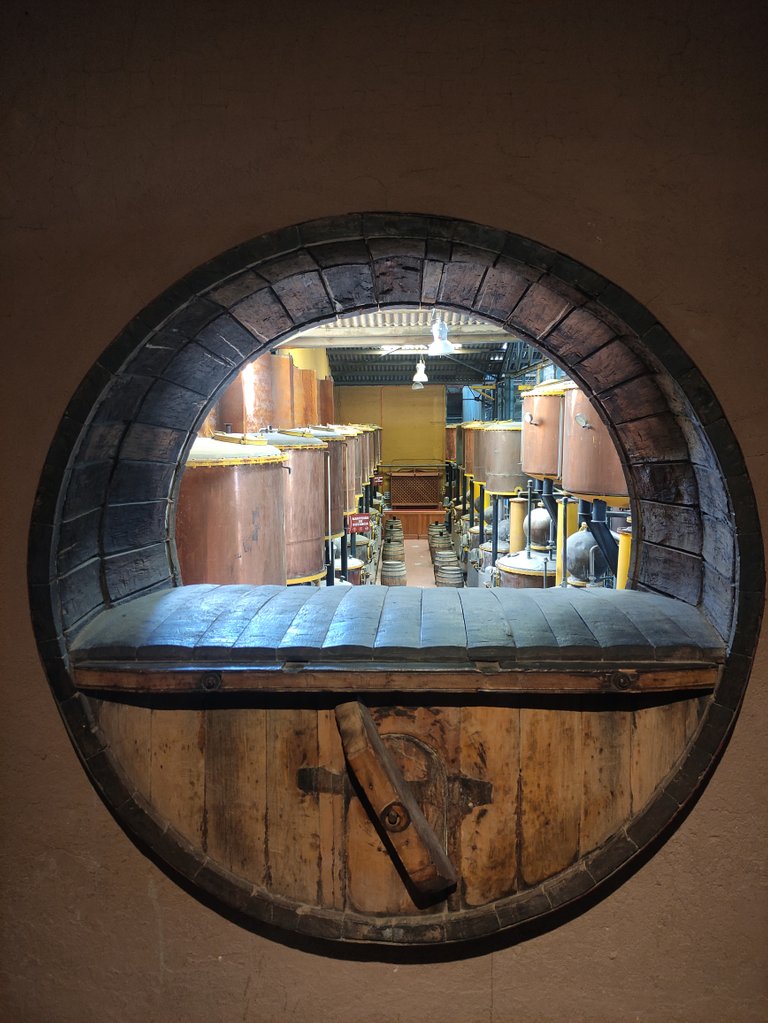
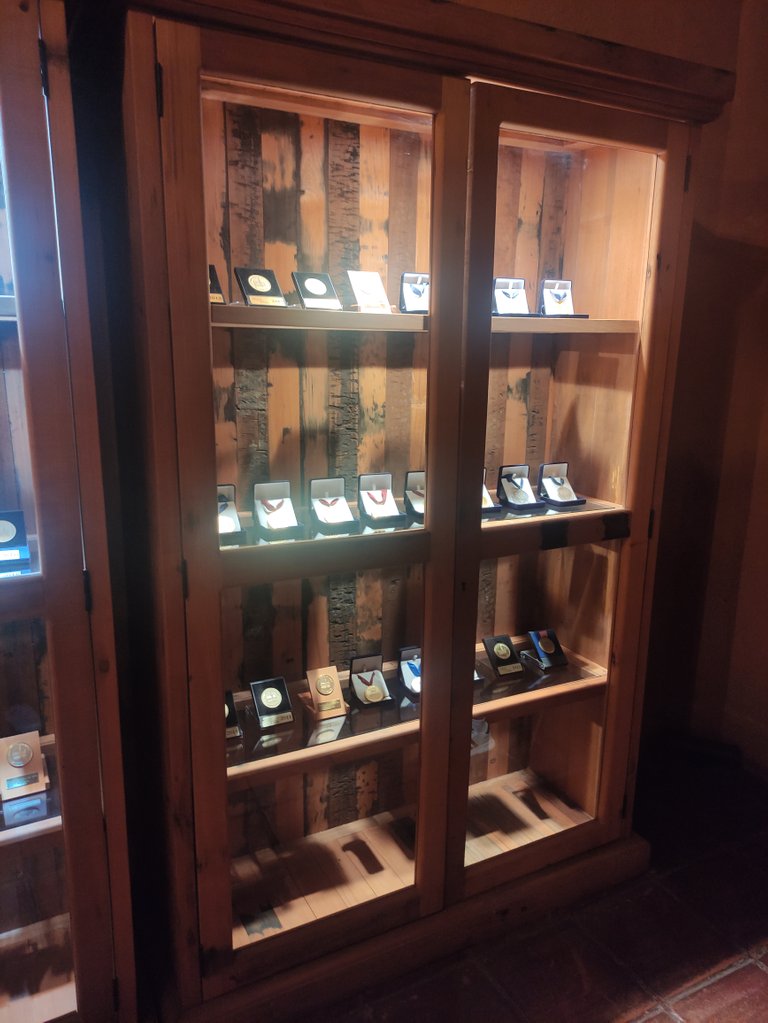
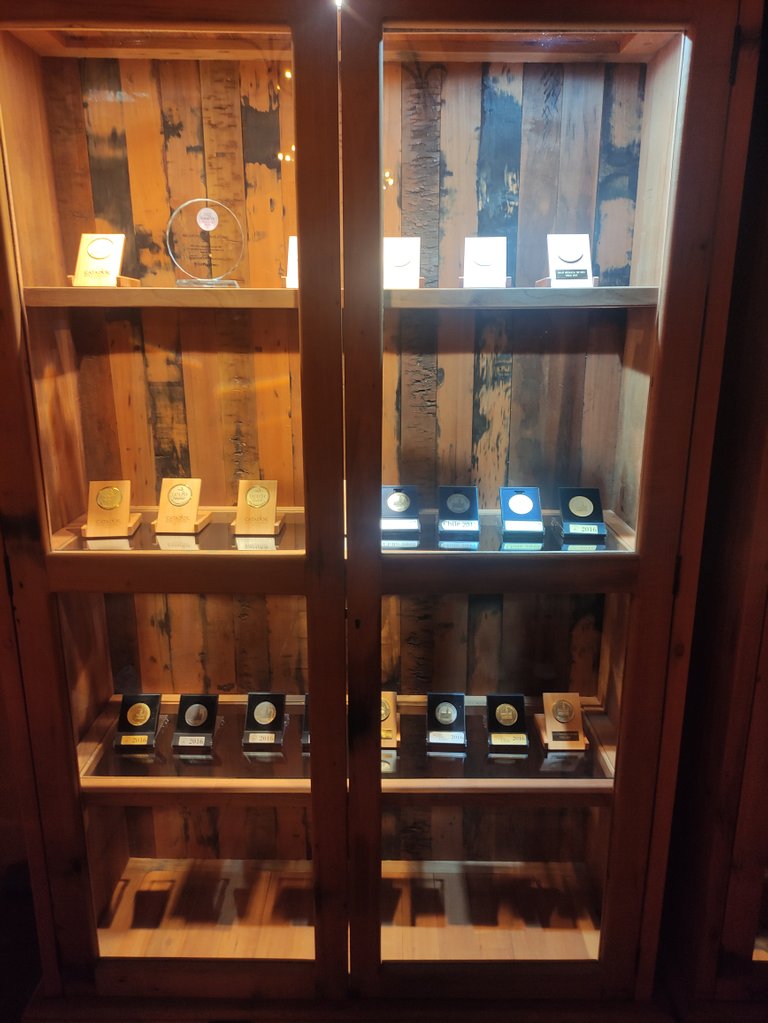
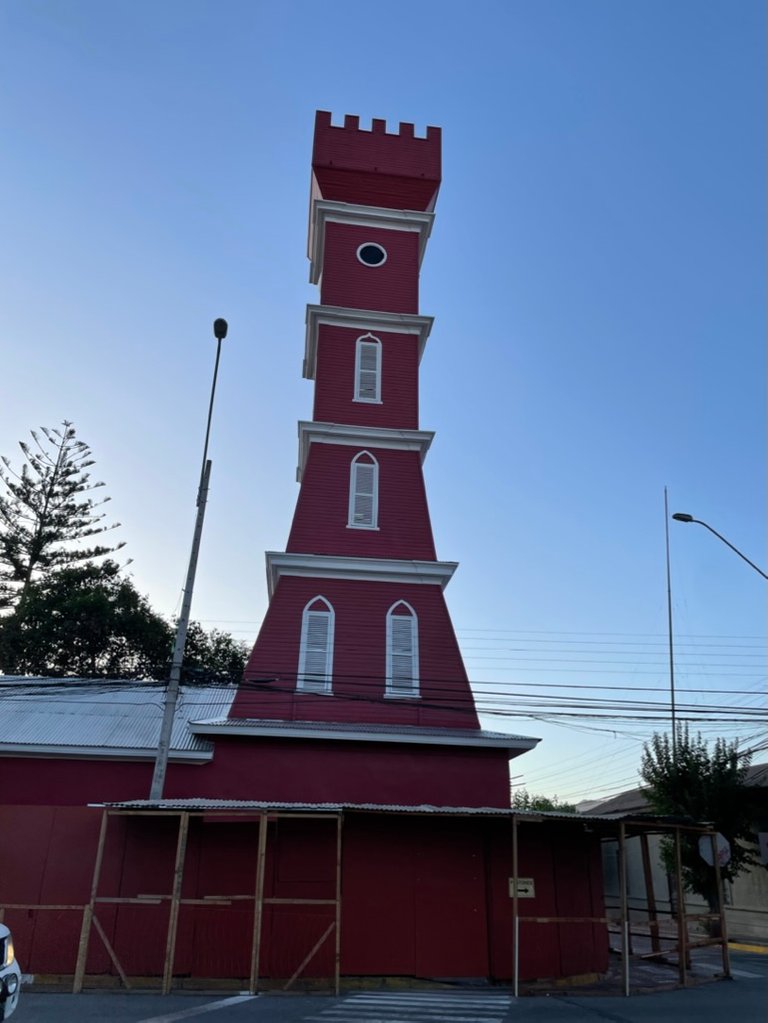
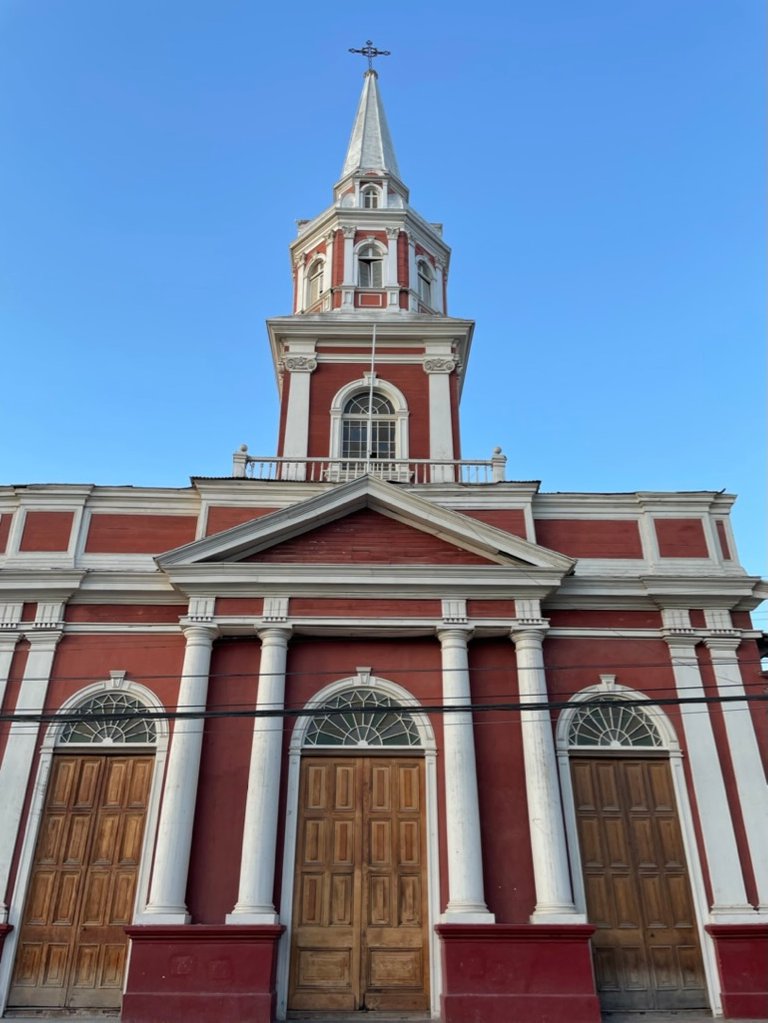
Always a pleasure to explore Chile with you!! 🙌 Gabriela Mistral's story is simply amazing considering her circumstances. A true inspiration. I am glad you found her cool too! 💙
Yeah she was an impressive woman and so ahead of her time
I never got to visit Chile but have heard how beautiful it is and your post confirms that,
I love that Hand sculpture it is amazing
Gabrielas story is indeed inspiring
and the winery looks a beautiful area
Thanks for joining the Wednesday, its always fun for me to visit the walks from all around the world, getting a feel for communities where people live and what they see on their daily walks
Thanks a lot for the comment @tattoodjay 😊. Chile is indeed amazing, it was my first time in South America and now I am so curious to go back and visit some other countries there.
Hope you are doing well, have a wonderful day.
Yay! 🤗
Your content has been boosted with Ecency Points, by @aurzeq.
Use Ecency daily to boost your growth on platform!
Support Ecency
Vote for new Proposal
Delegate HP and earn more
Very nice trip with your sweet half @aurzeq! Beautiful pictures and great post !!😁
Congratulations, your post has been added to Pinmapple! 🎉🥳🍍
Did you know you have your own profile map?
And every post has their own map too!
Want to have your post on the map too?
Hiya, @LivingUKTaiwan here, just swinging by to let you know that this post made it into our Top 3 in Daily Travel Digest #1778.
Your post has been manually curated by the @pinmapple team. If you like what we're doing, please drop by to check out all the rest of today's great posts and consider supporting other authors like yourself and us so we can keep the project going!
Become part of our travel community: